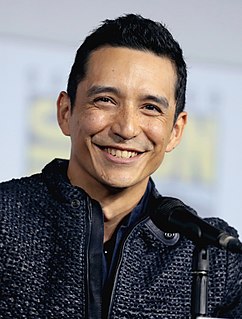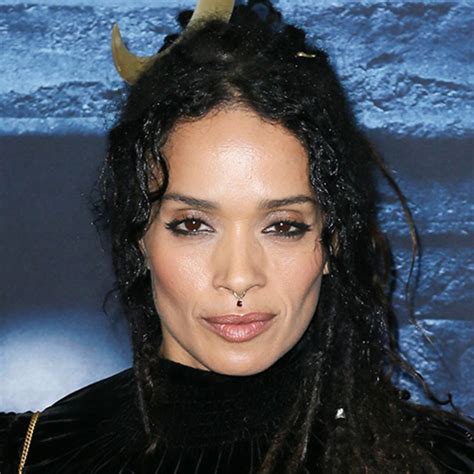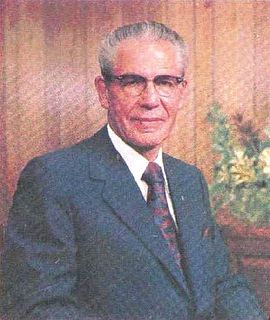A Quote by Fyodor Dostoevsky
A widow, the mother of a family, and from her heart she produces chords to which my whole being responds.
Related Quotes
My mother wanted to be a mother. That's the only thing she wanted from the bottom of her heart. She didn't want to be the number one actress - which she was - and she didn't want to be this great legend. All she wanted to be was a mother and she did but God took her away. So I always will empathise and sympathise with women.
A woman's whole life is a history of the affections. The heart is her world: it is there her ambition strives for empire; it is there her avarice seeks for hidden treasures. She sends forth
her sympathies on adventure; she embarks her whole soul on the traffic of affection; and if shipwrecked, her case is hopeless — for it is a bankruptcy of the heart.
Well, when Eleanor Roosevelt's mother dies, she goes to live with her Grandmother Hall. And her Grandmother Hall is in mourning. She's in widow's weeds. She's in her 50s, but appears very old. And she's exhausted from raising rather out-of-control children. Her favorite daughter, Anna, has died (Eleanor's mother), and she has living at home two other sons, Vallie and Eddie. And they are incredible sportsmen, incredible drinkers, out-of-control alcoholics.
The adolescent does not develop her identity and individuality by moving outside her family. She is not triggered by some magic unconscious dynamic whereby she rejects her family in favour of her peers or of a larger society.... She continues to develop in relation to her parents. Her mother continues to have more influence over her than either her father or her friends.
One thing I did have under my belt was, my mother lost her mother when she was 11. She mourned her mother her whole life and made my grandmother seem present even though I never met her. I couldn't imagine how my mom could go on but she did, she took care of us, she worked two jobs and had four children. She was such a good example of how to conduct oneself in a time of grief. When I lost my husband, I tried to model myself as much as I could on her.
But will I always love her? Does my love for her reside in my head or my heart? The scientist in her believed that emotion resulted from complex limbic brain circuitry that was for her, at this very moment, trapped in the trenches of a battle in which there would be no survivors. The mother in her believed that the love she hadd for her daughter was safe from the mayhem in her mind, because it lived in her heart.
If it is perfectly acceptable for a widow to disfigure herself or commit suicide to save face for her husband's family, why should a mother not be moved to extreme action by the loss of a child or children? We are their caretakers. We love them. We nurse them when they are sick. . . But no woman should live longer than her children. It is against the law of nature. If she does, why wouldn't she wish to leap from a cliff, hang from a branch, or swallow lye?





































